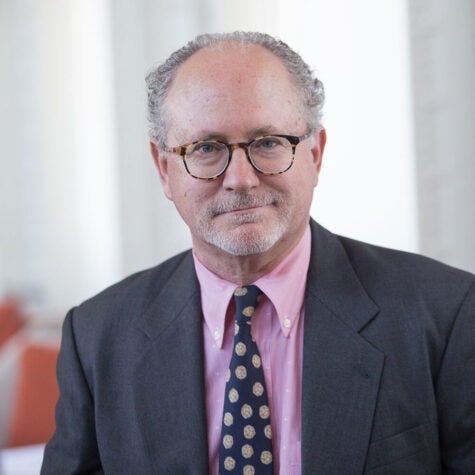Getting to Zero: Pathways to Zero Carbon Electricity Systems
Speaker
Moderator
Location
Energy Forum at the Kleinman Center
220 S. 34th St.
Fisher Fine Arts Library, 4th Floor
Philadelphia, PA 19104
Event Summary
Avoiding the worst effects of climate change requires near-zero electricity sector co2 emissions by mid-century. Despite agreement on the need for “deep decarbonization” of the electric power sector, there remains considerable uncertainty and debate about the relative importance of various low-carbon electricity resources in near-zero-emissions power systems.
Do recent cost declines and performance improvements for wind, solar, and energy storage technologies mean we are now on a “fully renewable” pathway to zero carbon? With new nuclear and carbon capture and storage projects struggling to compete—or even complete!—should we abandon these more reliable low-carbon resources, or redouble efforts to overcome challenges to their adoption? And what role does energy storage or increased control over electricity consumption play in all of this?
In this seminar, Jesse D. Jenkins will present recent research systematically evaluating the role of various low-carbon resources under increasingly stringent CO2 limits and considering a wide range of uncertainty in technology costs, renewable resource quality, and demand patterns. This comprehensive evaluation finds that cost-effective deep decarbonization relies on at least one reliable resource playing the role of a “flexible base” for the low-carbon power system, augmenting “fuel-saving” variable renewables. Energy storage and demand response provide “fast bursts” of power and play a distinct and complementary role. Furthermore, the best mix of resources for a zero carbon system may differ from the least-cost resource portfolio suited to more modest goals. This indicates a potential for path-dependency or costly lock-in if decarbonization proceeds myopically. This work implies that physical science and engineering research should improve and expand the set of flexible base resources. Policy should also harness a diverse suite of low-carbon technologies and avoid narrowing support to variable renewables alone. Failing to deploy sufficient flexible base capacity could significantly increase the cost of deep decarbonization of power systems—and thus the overall costs of climate mitigation.
View the Presentation
Getting to Zero: Pathways to Zero Carbon Electricity Systems
Jesse D. Jenkins

